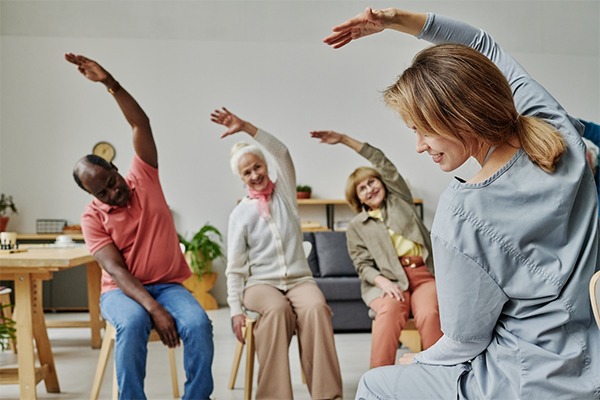Wellness & life style Rehabilitation
A Few Words
Wellness & life style Rehabilitation
Wellness and Lifestyle Rehabilitation is a comprehensive approach to healthcare that focuses on improving a person’s overall well-being and quality of life by addressing not only the physical aspects of health but also the various lifestyle factors that contribute to their health and recovery. It goes beyond just treating specific medical conditions or symptoms and aims to help individuals achieve a state of optimal health and vitality.

Every step we take on this journey
Mental Health
This approach considers the mental and emotional well-being of individuals. It often involves counseling, therapy, and mindfulness techniques to address issues such as stress, anxiety, depression, and trauma. Mental health is closely interconnected with physical health, and addressing it is essential for overall wellness.
Nutrition
Proper nutrition is a fundamental aspect of wellness and recovery. Lifestyle rehabilitation programs provide guidance on healthy eating habits, dietary modifications, and nutritional counseling. A balanced diet can support healing, boost energy levels, and prevent future health issues.
Exercise and Movement
Physical activity is crucial for maintaining and improving physical function. Lifestyle rehabilitation incorporates tailored exercise plans to promote strength, flexibility, and endurance. These plans are often designed to suit individual needs and abilities.
Stress Management
Chronic stress can have a significant impact on health and recovery. Wellness and Lifestyle Rehabilitation programs teach stress management techniques, relaxation strategies, and mindfulness practices to help individuals reduce stress levels and improve their overall well-being.
Behavioral Changes
Lifestyle factors like smoking, alcohol consumption, and substance abuse can hinder recovery and overall health. Rehabilitation centers help individuals make positive behavioral changes by offering addiction treatment and support services.
Education and Self-Empowerment
Empowering individuals with knowledge about their conditions and how lifestyle choices affect their health is a central aspect of this approach. Patients are educated about the importance of making healthy choices and taking an active role in their well-being.
The Importance of Addressing Lifestyle Factors in Recovery:
Addressing lifestyle factors in recovery is crucial for several reasons:
Prevention
Lifestyle rehabilitation helps prevent the recurrence of health issues by addressing the root causes and risk factors associated with the patient's lifestyle choices.
Holistic Healing
It takes a holistic view of health, recognizing that physical, mental, and emotional well-being are interconnected. Treating the whole person leads to more comprehensive and lasting recovery.
Improved Quality of Life
Lifestyle changes can lead to a significant improvement in a person's quality of life, enhancing their overall well-being, energy levels, and vitality.
Long-Term Health Benefits
By adopting healthier habits, individuals can enjoy long-term health benefits, reducing the need for medical interventions and hospitalizations.
Empowerment
Lifestyle rehabilitation empowers individuals to take control of their health and make informed choices that positively impact their well-being.